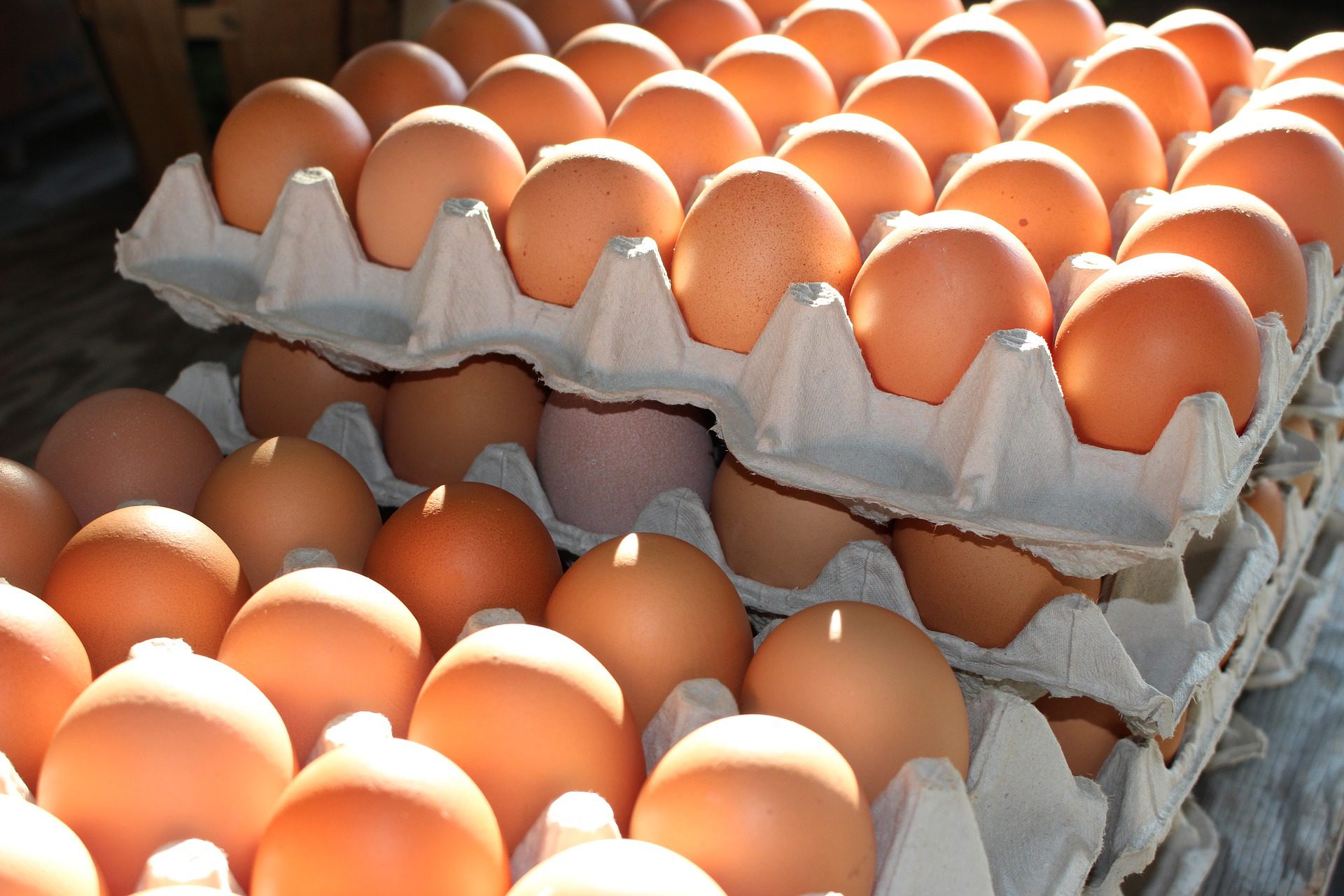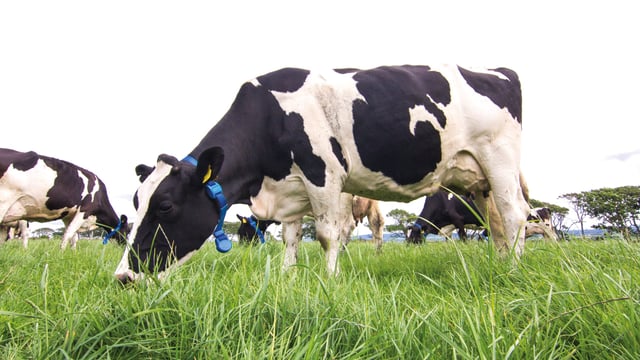Bulgarian farmers to receive over €168m in EU support
The European Commission has approved two schemes worth €168.9 million to support Bulgarian farmers in the context of Russia's war against Ukraine.
Producers of grain and oilseed crops in Bulgaria will see targeted support of €84 million, while a separate €84.9 million scheme will support farmers across sectors.
The first measure will be open to producers of wheat, barley, rapeseed, corn and sunflower that are at risk of losing financial liquidity due to the difficulties in the agricultural market provoked by Russia's war against Ukraine.
The second measure will be open to primary agricultural producers that are facing liquidity shortages and are directly affected by the "serious disturbance" of the economy provoked by the war, the commission said.
Bulgarian farmers active in the sectors of large and small ruminants, bee colonies, fruit and vegetables, oilseed rose, vineyards and tobacco will be able to receive aid under this €84.9 million scheme.
Bulgaria's Minister of Agriculture and Food, Georgi Tahov recently called on the commission to ban the import of eggs from Ukraine in Bulgaria, saying that domestic production is "severely affected" by the import of fresh eggs from Ukraine.
In the first six months of 2024, imports of fresh eggs from the country reached 2,618t, which is a "fivefold increase" on 2023, according to the minister, who added that import prices are "significantly below" those of Bulgarian eggs.
The schemes were approved under the State aid Temporary Crisis and Transition Framework (TCTF), which was adopted in March 2023 to support sectors which are key for the transition to a net-zero economy.
The new TCTF amends and prolongs in part the Temporary Crisis Framework, which was adopted by the commission in March 2022 to enable member states to support the economy in the context of Russia's war against Ukraine.
The commission found that the Bulgarian schemes are in line with the conditions set out in the TCTF. In particular, the aid does not exceed €280,000 per beneficiary and it is granted no later than December 31, 2024.
In its assessment, the commission concluded that the schemes are necessary, appropriate and proportionate to remedy a "serious disturbance" in the economy of a member state.






